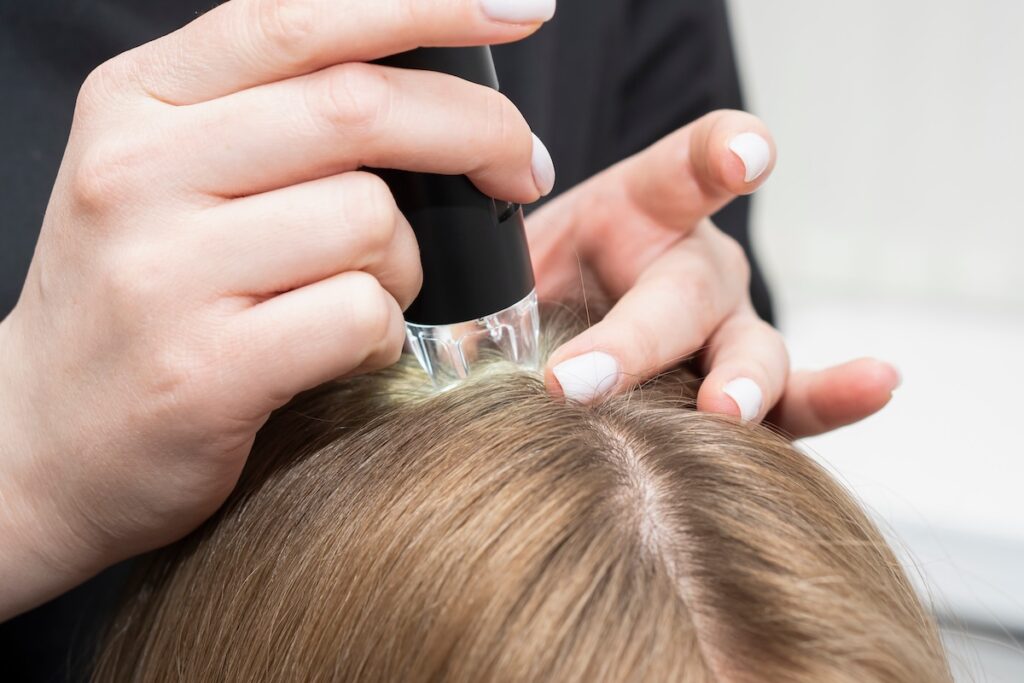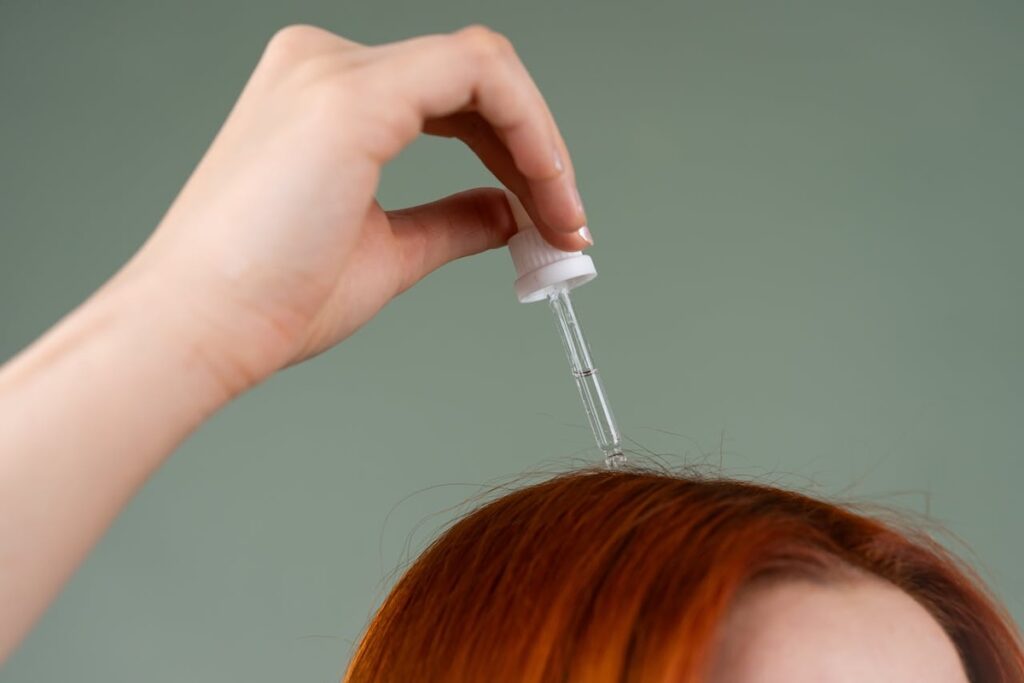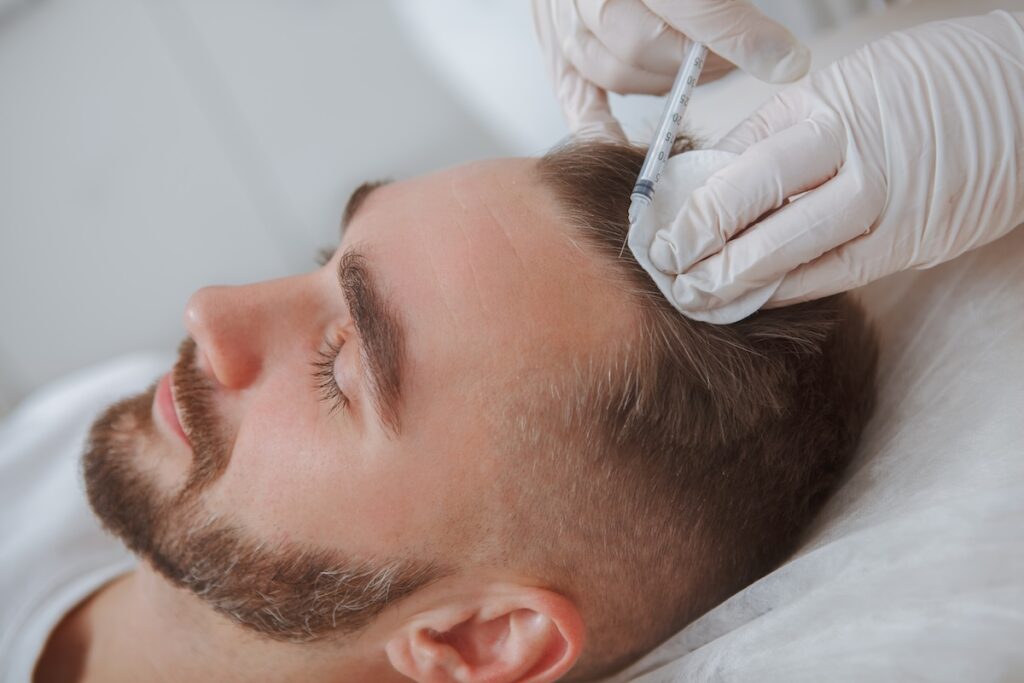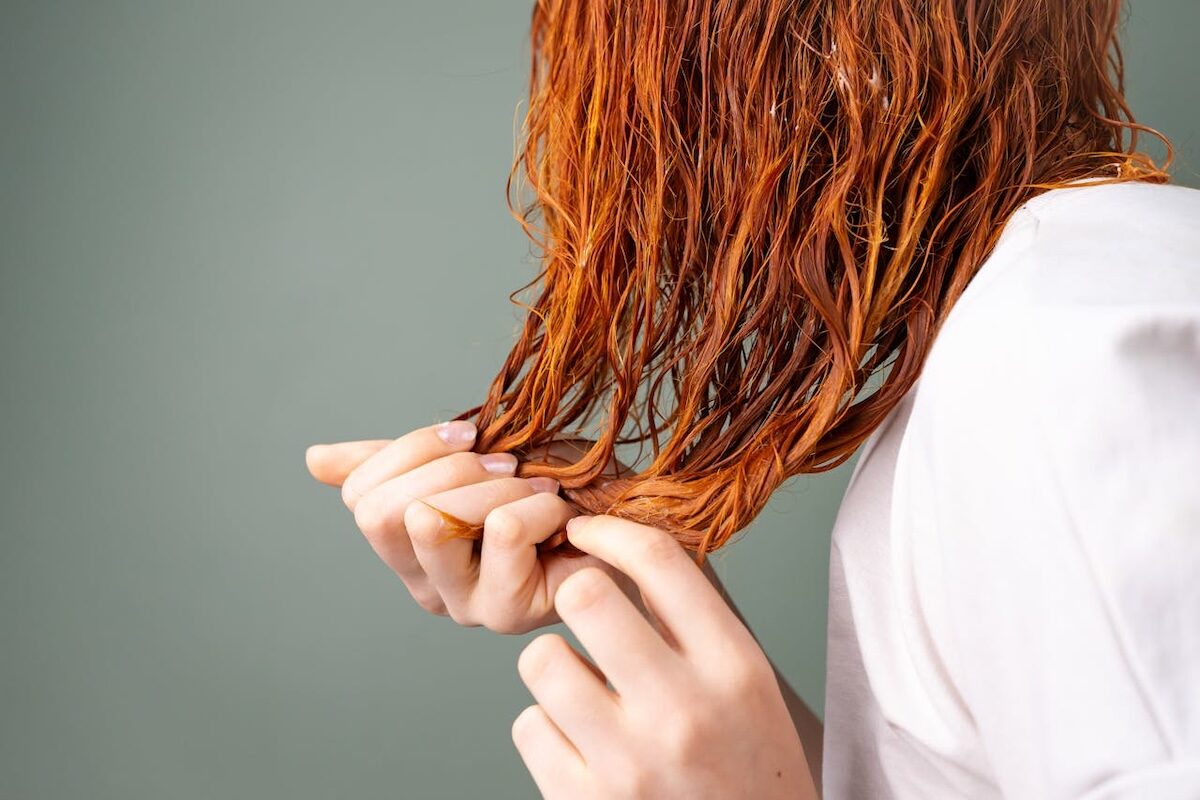Understanding Trichology: The Science Behind Healthy Hair
In an age where beauty and wellness intersect, the field of trichology has emerged as a vital area of interest for those seeking to address hair health issues. Whether you are dealing with thinning hair, excessive shedding, or scalp conditions, trichology offers insights and solutions that can significantly enhance your hair care routine. This blog will delve into what trichology is, common hair concerns, and effective treatments that can help restore your hair’s vitality.
What is Trichology?
Trichology is the branch of dermatology that focuses specifically on the study of hair and scalp health. Trichologists are experts who diagnose and treat hair disorders by understanding the biology of hair growth and the factors influencing it. This field is increasingly relevant as more individuals seek to understand the underlying causes of their hair issues rather than simply masking the symptoms with products.

Common Hair Concerns
- Thinning Hair and Hair Loss – One of the most prevalent concerns in the realm of hair health is thinning hair or hair loss. This can be influenced by various factors, including genetics, hormonal changes, nutritional deficiencies, and stress. While it’s common to experience some hair loss, excessive shedding can signal an underlying issue that may require professional attention.
- Scalp Conditions – The scalp is often overlooked in discussions about hair health. Conditions such as dandruff, psoriasis, and seborrheic dermatitis can lead to discomfort and impact hair growth. A healthy scalp is essential for strong and vibrant hair, making it crucial to address any issues that arise.
- Damage from Styling and Environmental Factors – In addition to intrinsic factors, external influences such as heat styling, chemical treatments, and environmental stressors can contribute to hair damage. Understanding how these factors affect your hair can help you make informed choices about your hair care regimen.
The Role of Nutrition in Hair Health
A balanced diet plays a significant role in maintaining healthy hair. Nutrients such as proteins, vitamins, and minerals are essential for hair growth and repair. For instance, biotin, found in foods like eggs and nuts, is known for its role in strengthening hair. Similarly, iron and zinc are crucial for maintaining the hair growth cycle. If you suspect that your hair issues may be linked to nutrition, consider assessing your diet or consulting with a professional to ensure you are getting the necessary nutrients.

Effective Treatments for Hair Health
- PRP Therapy – Platelet-Rich Plasma (PRP) therapy is becoming increasingly popular in the realm of hair restoration. This treatment involves drawing a small amount of your blood, processing it to concentrate the platelets, and then injecting it into the scalp. The growth factors in the platelets can stimulate hair follicles, promoting hair growth and density. Many individuals report positive results from PRP therapy, making it a noteworthy option for those experiencing hair loss.
- Topical Treatments – Topical treatments, such as minoxidil, are commonly used to encourage hair growth. These products work by increasing blood flow to the hair follicles and prolonging the hair growth phase. While results vary, many find that consistent use can lead to noticeable improvements over time.
- Nutritional Supplements – In addition to dietary changes, nutritional supplements specifically formulated for hair health are widely available. These often contain vitamins and minerals that support hair growth, such as biotin, folic acid, and vitamin D. While it’s essential to approach supplements with caution, they can be beneficial when used in conjunction with a balanced diet.
- Scalp Treatments – For those dealing with scalp conditions, specialised treatments can help restore balance and promote a healthy environment for hair growth. Ingredients like tea tree oil, salicylic acid, and ketoconazole are often found in shampoos and treatments designed to address dandruff and other scalp issues. Regular scalp exfoliation can also enhance circulation and remove buildup, contributing to healthier hair growth.

The Importance of Professional Guidance
While many individuals seek to treat their hair concerns independently, consulting with a trichologist or dermatologist can provide targeted solutions tailored to your specific needs. A thorough assessment of your hair and scalp can identify underlying issues that may not be evident at first glance. Professionals can also recommend a personalised treatment plan that combines various approaches for optimal results.
Lifestyle Factors to Consider
In addition to treatments, lifestyle factors play a crucial role in hair health. Managing stress through practices like yoga or meditation can positively impact hair growth. Additionally, ensuring adequate sleep and hydration can further support your body’s ability to maintain healthy hair.
Conclusion
Trichology offers a comprehensive understanding of hair health that goes beyond surface-level treatments. By exploring the underlying causes of hair and scalp issues, individuals can adopt a more holistic approach to their hair care. From dietary considerations to advanced treatments like PRP therapy, there are various ways to support your hair’s vitality. Remember that healthy hair starts with a healthy scalp, and professional guidance can significantly enhance your journey toward achieving the luscious locks you desire. Embrace the science of trichology and empower yourself with knowledge as you navigate your path to optimal hair health.
For more insights and updates on the wellness market, be sure to follow our blog at LadyCPR.
Contact Information
Waylands Well, Farnham Lane, Haslemere, Surrey, GU27 1HG
